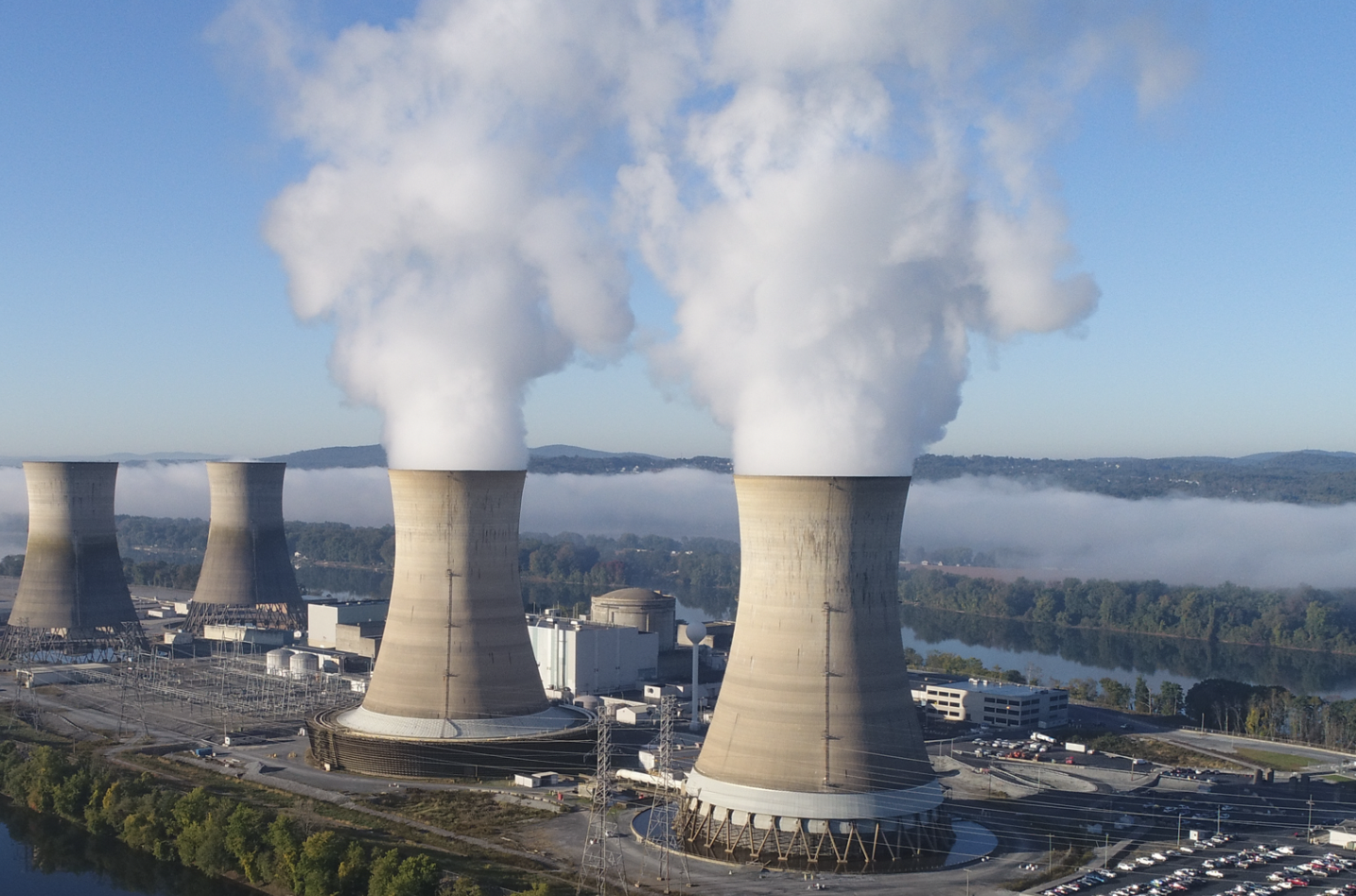When Exelon Generation shut down the Three Mile Island (TMI) Nuclear Reactor 1 in 2019, officials said it was too costly to operate. A $500 million Pennsylvania taxpayer-funded bailout proposal went nowhere in the state legislature. Plans were made to eventually tear it down.
Five years later, TMI is back in a big way thanks to Microsoft and artificial intelligence.
Microsoft just signed a 20-year agreement with Constellation Energy – which took over TMI in 2022 – worth $16 billion. It’s expected to add 3,400 jobs to Pennsylvania and bring in more than $3 billion in state and federal taxes.
“This agreement is a major milestone in Microsoft’s efforts to help decarbonize the grid in support of our commitment to become carbon negative,” said Bobby Hollis, VP of Energy, Microsoft.
More importantly, it will add 835 megawatts (MW) of carbon-free energy to the PJM grid. PJM Interconnection operates the regional power grid that serves states across the Midwest and mid-Atlantic region, including Pennsylvania.
PJM’s service area “is about 65 million people and about 21 percent of the U.S. economy. It’s the largest electricity market in the entire world,” Ken Zapinski with Pittsburgh Works Together, a coalition of business and utility executives and union leaders, told DVJournal in a podcast interview.
The facility is expected to be online by 2028.
Constellation CEO Joe Dominguez called TMI one of the “most reliable nuclear plants on the grid” and was happy it would be used again. He said it would become a new economic engine for Pennsylvania and the PJM grid.
For a certain generation of Pennsylvanians, it’s hard to hear the words “safe” and “Three Mile Island” in the same sentence. On March 28, 1979, a cooling malfunction at the Unit 2 reactor caused part of the core to melt, and led to the release of radioactive gases and iodine into the atmosphere. It’s considered the worst nuclear power accident in U.S. history.
While studies have shown its effect on residents and the environment was minimal, the effect on public opinion was enormous. The partial meltdown caused Americans to become wary of nuclear power.
The TMI Nuclear Reactor 1 wasn’t affected by the 1979 meltdown.
The federal Nuclear Regulatory Commission will have to approve restarting TMI, and Constellation will need to get the appropriate permits from Pennsylvania.
Gov. Josh Shapiro promised his administration would keep a watchful eye to make sure everything is safe. He said nuclear power will make the grid more reliable and deliver affordable power to the Keystone State.
State Sen. Lynda Schlegel Culver (R-Northumberland) said TMI’s return strengthens Pennsylvania’s status as an energy exporter. Pennsylvania is the second-largest net supplier to energy to other states behind only Texas, according to the federal Energy Information Administration. It’s the second-largest generator of nuclear energy.
Energy executives and advocates have called for the U.S. to tap into the nuclear sector for years. They put the blame on the federal government’s decision to subsidize wind and solar energy, distorting markets and undercutting nuclear power prices.
“There were people screaming, ‘If you’ve set up a system where you want more carbon-free electricity and an existing source, a huge existing source of carbon-free electricity is shutting down because it’s unprofitable, there’s a problem with your regulatory system,’” Zapinski said.
TMI has the opportunity to be a godsend for PJM. Officials said this year they had enough energy to last through the spring of 2026, but they faced an uncertain supply after that. Critics blame the Biden-Harris administration’s emissions policies that forces more coal and natural gas power plants off the grid.
An estimated 24,000 to 58,000 MW of energy will be retired by 2030 without being replaced, due in large part to regulations pushed by the Biden-Harris EPA. At the same time, energy demand has increased by 30 percent – per the North American Electric Reliability Council (NERC). Both NERC and PJM said wind and solar can not be counted on to be constant providers of energy because they’re weather-reliant. Nuclear energy is not.
The huge turnaround for TMI raised complaints from anti-nuclear activists. Eric Epstein with Three Mile Alert said earlier this month he expected taxpayers to eventually foot the bill because there’s not a market for nuclear. “We were told, ‘Let the marketplace decide.’ The market decided, and they decided it’s not nuclear.”
But Zapinski credited the private sector for the push for more nuclear power. He used it as an example of private businesses realizing where the free market was headed.
“What you see are private sector companies making decisions to keep themselves solvent in a very unstable energy world,” he said.
Please follow DVJournal on social media: X@DVJournal or Facebook.com/DelawareValleyJournal

